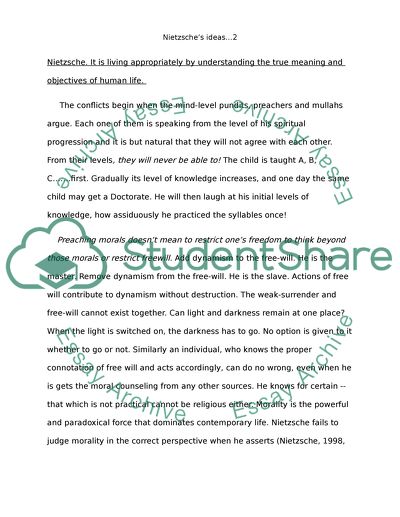Cite this document
(“Nietzsche's ideas to modern society Essay Example | Topics and Well Written Essays - 1500 words”, n.d.)
Retrieved from https://studentshare.org/english/1422323-nietzsche-s-ideas-to-modern-society
Retrieved from https://studentshare.org/english/1422323-nietzsche-s-ideas-to-modern-society
(Nietzsche'S Ideas to Modern Society Essay Example | Topics and Well Written Essays - 1500 Words)
https://studentshare.org/english/1422323-nietzsche-s-ideas-to-modern-society.
https://studentshare.org/english/1422323-nietzsche-s-ideas-to-modern-society.
“Nietzsche'S Ideas to Modern Society Essay Example | Topics and Well Written Essays - 1500 Words”, n.d. https://studentshare.org/english/1422323-nietzsche-s-ideas-to-modern-society.


